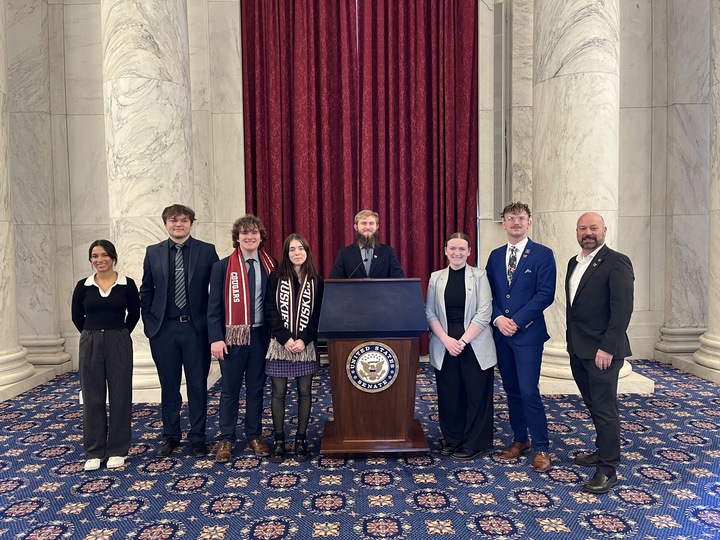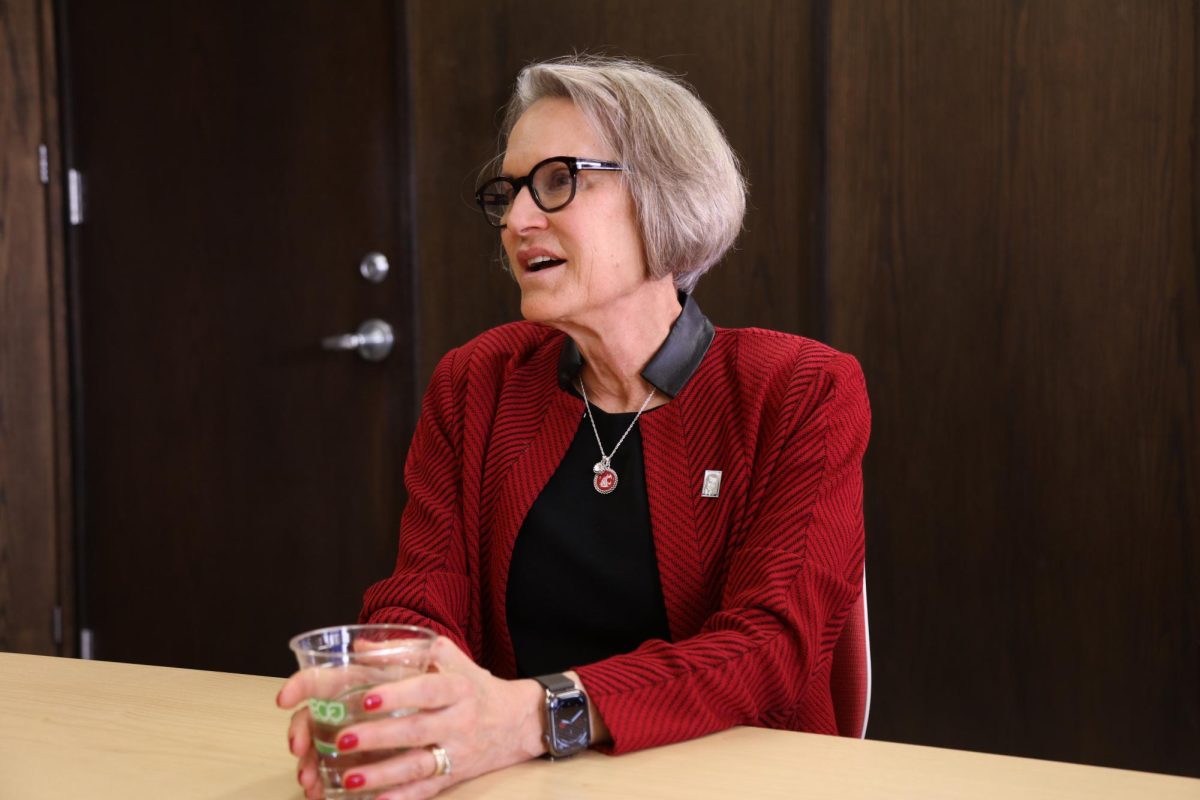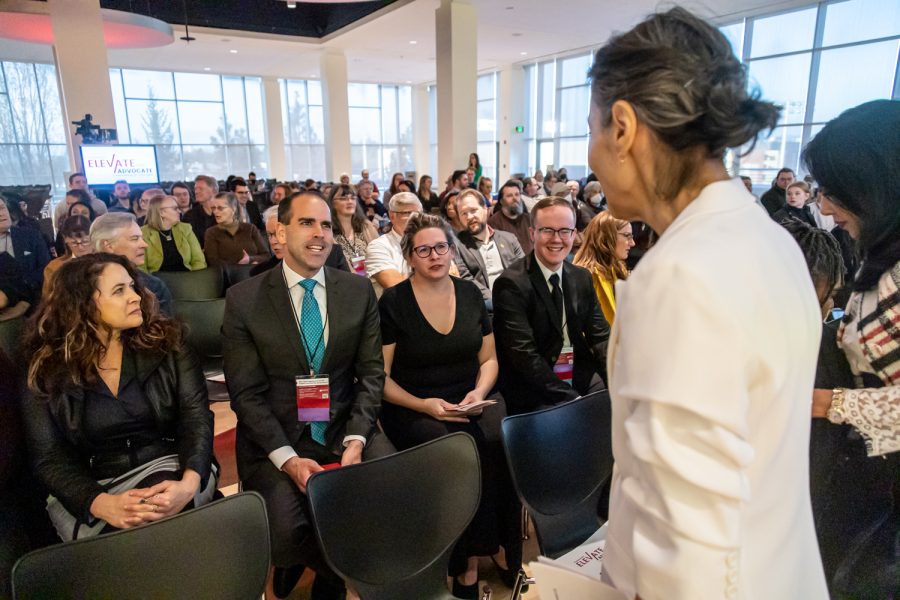ASWSU recently concluded lobbying efforts in Washington, D.C., focusing on protecting programs facing budget cuts, including financial aid.
In addition to speaking on FAFSA and the Pell Grant, ASWSU testified against legislation like Senate Bill 5785, which would reduce student eligibility for the Washington College Grant and allows universities to raise tuition by another 5%.
This legislation would allow only those with a 25% median family income to get full awards as opposed to the current eligibility given to those at 65% of the median family income. Not only would thousands of students be losing access to aid, but those at the 65% median family income would be losing any partial aid given under the Washington College Grant, said Legislative Affairs Director Collin Bannister.
Other than impacting aid access, this move would permit universities to raise tuition by another 5% than what they are currently allowed. For WSU, this would mean an additional 5% increase, coupled with the already set 3% increase, leading to an overall increase of 8%, he said.
The tuition hikes and reduced aid eligibility are part of efforts to make up for the state’s budget deficit, Bannister said.
“Higher education is usually one of the first things they cut,” he said. “They used the same playbook in 2008 when the recession hit … other impacts of that included a lot of cuts to institutional funding, tuition increases and institutions having to rely a lot more on tuition dollars versus state dollars.”
Aside from testimonies from student bodies and stakeholders across the state, administrations from schools like WSU, University of Washington, Central Washington University and Western Washington University testified as well, Bannister said.
CWU and WWU were among the few schools to explicitly mention their stance against tuition increases, while UW voiced its support for the increases and WSU did not take a stance explicitly for or against the legislation, according to footage from the Senate Ways & Means meetings on March 24 and 25.
Generally, the response ASWSU has received from legislators is nobody wants to cut financial aid and nobody wants to raise tuition, Bannister said. However, the key difference lies in the philosophies and approaches of the Senate and the House.
“In the House’s budget proposal, they don’t increase tuition and they cut the College Grant a lot less,” he said. “In the Senate, they increase tuition and they cut the College Grant more, but they also preserve some other services for higher education a bit more. So it’s just kind of a balancing act for them.”
Bannister said highlighting the actual stories and experiences of students who have benefited from financial aid, like the grant, has been particularly helpful when dealing with legislators.
“I’ll talk about how I received the grant and how that changed my life as a first-generation student … like college was not something I thought was in my path,” he said. “I think a lot of students like me feel that way, but then, because of financial aid, they’re able to achieve a college education and change their lives.”
To support ASWSU in this and make their voices heard, students can encourage their legislators to preserve the Washington College Grant, make their positions known regarding SB 5785 and become involved in efforts with the Cougar Lobbying Team, Bannister said.
More information regarding getting involved with ASWSU’s Legislative Affairs can be obtained by contacting aswsu.dola@wsu.edu.







